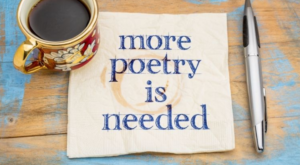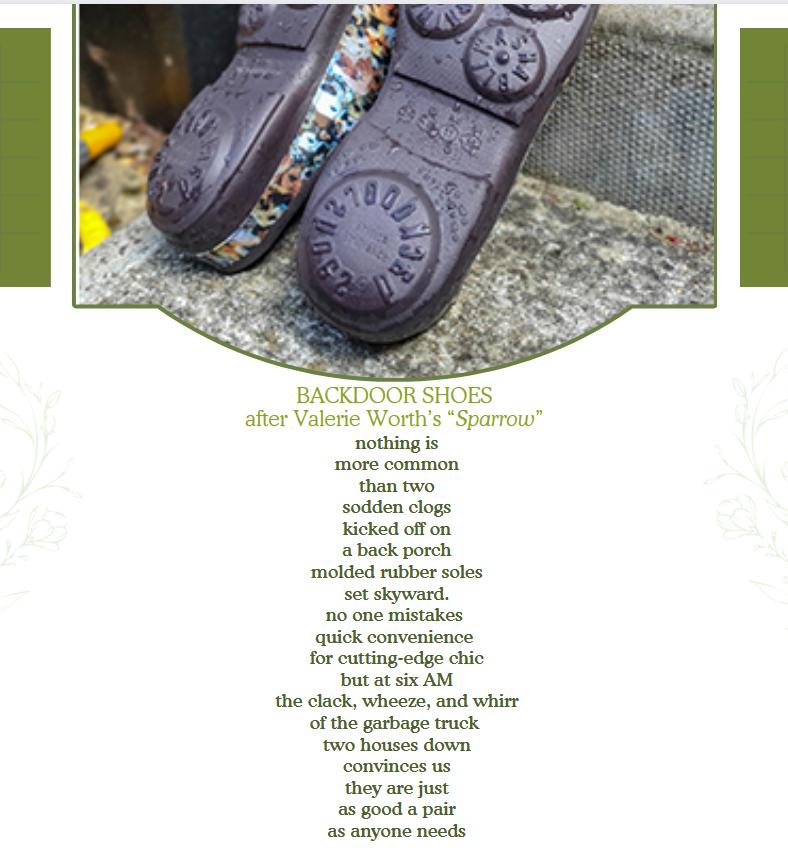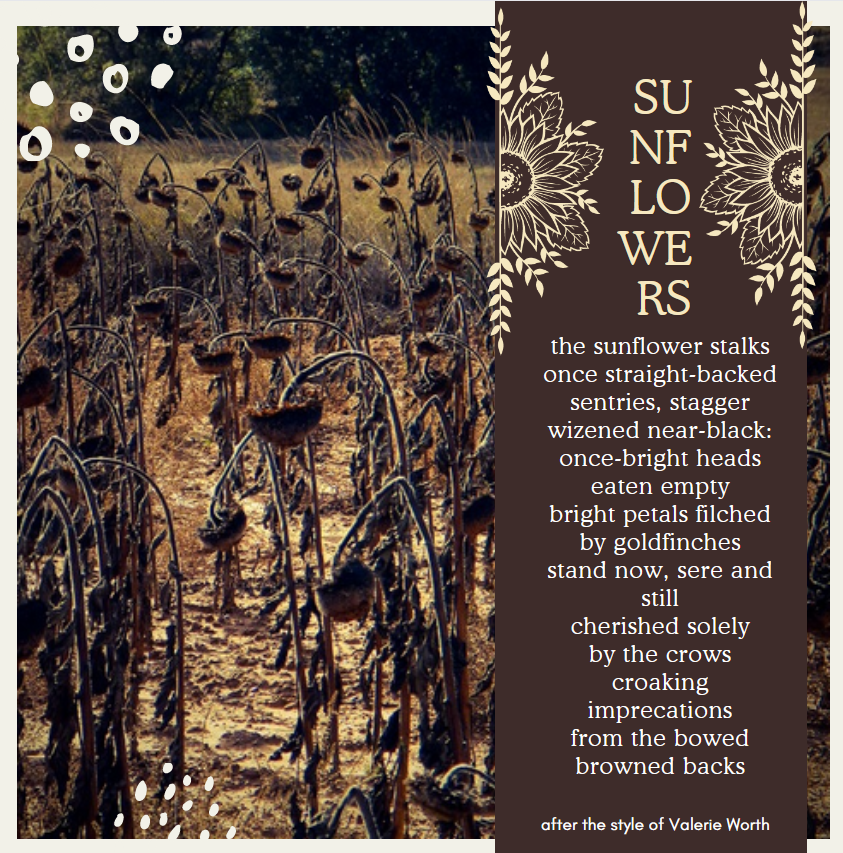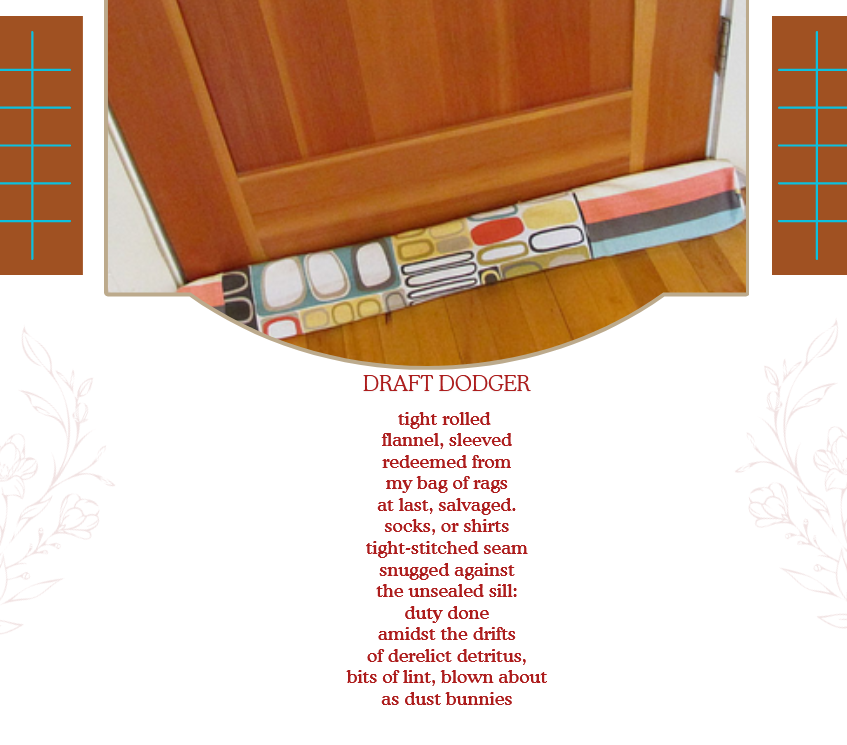Welcome to another Poetry Friday Poetry Peeps adventure!
Poetry Peeps! You’re invited to our challenge for the month of December! Here’s the scoop: We’re writing the eleven-syllable German cinquain, the Elfchen. Unfamiliar? There’s plenty online about this brief form, which has often been taught in German elementary schools, so intangible bonus points wenn dein Gedicht auf Deutsch ist (if your poem is in German). Are you game? Good! The Poetry Sisters are continuing to throw our 2023 theme of TRANSFORMATION into the mix as possible. Whatever your topic or theme, you have a month to craft your creation and share it on December 29th in a post and/or on social media with the tag #PoetryPals.
Poetry Friends! I hope you had a lovely Thanksgiving/Friendsharing/ChosenFamily/Family Day yesterday. I am putting this blog post together a week in advance, and might not ‘see’ some of your posts right away, but I will get there and add you to the Valerie Worth round-up! What with travel and meals and homes full of guests, those of us nearby may be a bit slower – so do pop back in for a full roundup later in the weekend. Meanwhile, it was delightful to meet with almost the whole gang at our Poetry Sisters prewrite last week. You must check out Mary Lee’s poem here. Sara’s poem is here. Laura is joining us here, while Liz’s poem is here, and Tricia’s poem is here. Laura’s poem flew in to land here. Michelle K.’s poem is here. Linda B.’s poem is here.
Poetry Friday is hosted by Ruth @There Is No Such Thing as a Godforsaken Town, long-distance from Uganda, so let’s take our time with Ruth and savor everything, along with a second helping of pie.
“Never forget that the subject is as important as your feeling: The mud puddle itself is as important as your pleasure in looking at it or splashing through it. Never let the mud puddle get lost in the poetry – because, in many ways, the mud puddle is the poetry.” (Valerie Worth, quoted in Another Jar of Tiny Stars, the second NCTE book of award-winning poetry, edited by Bernice E. Cullinan and Deborah Wooten
As I recall from our brainstorming session at the beginning of this year, we chose to write in the style of Valerie Worth first because many of us were less than familiar with much of her work, except her books for children, and secondly, because her poems are short(ish), small, plain-spoken (unrhymed), and specific. Note that when we say ‘small,’ we don’t mean an additional observation on length, but rather a topical observation on the dialed in, specific topics Valerie Worth judged worthy of poetry. Fence posts. Rags. Earthworms. Mushrooms. Valerie Worth was a poet who had, as Mary Oliver attributed to excellent writers, “an attitude of noticing.” I believe that observation lends itself to its own theme of transformation… In so many ways, when one is able to extrapolate the extraordinary from the mundane, it changes things seen, experienced, known, and understood. Inasmuch as Mary Oliver described that ‘noticing’ as a relentless and dynamic curiosity about the world, I believe that Valerie Worth’s unwillingness to exclude anything from observation is what enabled her to be a poet whose work is memorable and occasionally astonishing. To that end, in my own choosing, I purposefully looked for ‘small’ topics. I thought of my dead sunflowers, which I’ve left in place because the birds really love them, Himself’s giant clogs which I keep tripping over on the garage step, and the draft evader I fashioned from flat fiberfill stuffing and torn flannel rags. Sunflowers when they’re bright get plenty of ink – not so much when they’re dead. We might write poems to baby shoes, but not to rubber gardening clogs. Few find the wads of cloth we stuff under door and windowsills particularly poetic, and yet…
I started by hewing as closely as I could to one of Worth’s actual poems. Sparrow is one of my favorites about a dun-colored bird minding her own business, and not caring if you look at her. I transferred the sparrow’s ubiquity to the boxy rubber clogs that seem to grow on the back step – worn by anyone whose feet will fit, perfect for standing in the outdoor kitchen frying something, or chucking things into the compost bin in the rain…
Our garden is still quite lively, for all that it is considered functionally dead. The dry flower heads, yellow-browning speckles of mildewed stalks and fallen seeds are alive with an hundred thousand birds, chasing lizards, squabbling, pecking, rolling in dust, and scratching like hens. This is why we’re the WORST gardeners – we can’t bear to tear everything out and turn it under just yet because the birds are having way too much fun. May they all make themselves at home.
(This handsome specimen isn’t MY draft stopper, which is a scrappy, patch-worked thing in various shades of ‘dirt.’ Mine is in the wash just now and unready for its close-up, so we’ll just pretend I actually stitched something pretty.)
Mary Oliver’s famously succinct ‘Instructions for Living a Life’ admonishes us fussily to “pay attention.” Maybe in a less didactic tone, as there is nothing truly obligatory here, we might encourage ourselves to give attention to our lives, to see within our every day ordinariness a sheen of the extraordinary. As German actress and coach Uta Hagen once famously said, “We must overcome the notion that we must be regular…” As we tunnel out from stolid regularity into glorious irregularity, exchange our viewpoint on life as ‘usual’ for the chance to revel in the unusual, may we discover that life is more than we knew. May we, by being open, inventive, expressive, and questioning, live our uncertainty and questions into answers that change everything.
All poems ©2023 Tanita S. Davis



